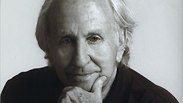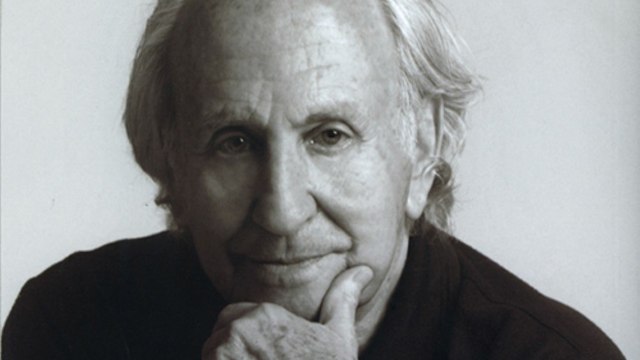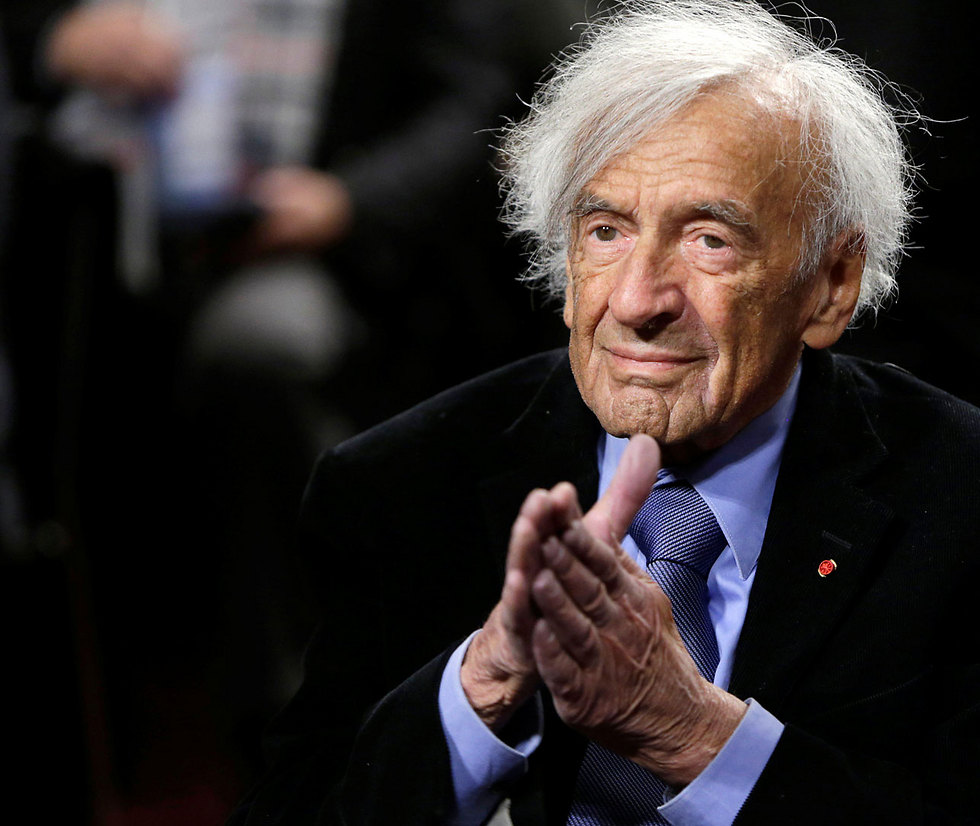
The brave man of Auschwitz
From the archives: Elie Wiesel's 2010 tribute to Noah Klieger, a fellow survivor of the Nazi death camp, as their lives took parallel tracks.
Reading Noah Klieger’s autobiography is like diving back into the 20th century—into the painful stories and the massive historical events, all read with bated breath. I read it with a strange feeling of encountering something familiar yet still amazing to read. I told myself that we could have met there, in Auschwitz II (or Buna, as we knew it) that cursed place of evil, in which damnation and despair hunted us at all times. Through our days and nights. Through our hopes and our dreams.
Perhaps we even crossed paths, on our way to hard labor in the morning, or during a visit to another block in the evening to see a friend. Maybe when we walked passed the gallows, where we were regularly forced to watch rebellious prisoners being hanged, to keep us terrified. Perhaps we were at the camp clinic at same time?
Later, when the camp was evacuated, we walked together, hungry and exhausted, in the cold and in the snow—all the way to Gleiwitz. Could we have even imagined back then, that just 20 years later we’d both write for the same newspaper in the Jewish state, Yedioth Ahronoth, while he was in Tel Aviv and I in Paris and New York?
When I read Noah’s memoir from that terrible time I understood he knew the camp, its ways, its secrets and its prisoners, far better than I. Was it because he was braver, or more curious than I? As a young and an incredibly insecure man I hardly did anything ito survive. Noah, on the other hand, even dared to speak to Dr. Mengele during a selection and persuade him, God only knows how, to let him live.
I was frightened of everything, and he feared nothing. His character stood out when he was a teen in France, and of course, during his activities after the war, in Israel.
Reading Noah Klieger means going on a dramatic journey into human nature, where step by step, historical event after historical event, he attracted uncanny disasters and wondrous miracles. He was a boxer in Buna, a commander on the Exodus ship, a sports writer, and a journalist who interviewed famous and interesting people.
Noah always had a way of understanding and of being understood. With his talent and devotion, he knew how to seize the opportunity and walk with history and safeguard the memories of events that are known — inadequately so, due to lack of a better word — as a genocide.
Thanks to Noah’s position in the media, he managed to do more than anyone else in order to fight forgetfulness of the Holocaust as the years went by. He participated in lectures and ceremonies around the world, met with survivors and with the righteous among the nations. He covered the trials of Nazis in Germany, and walked on the March of the Living. Noah is world-known, and everywhere he goes, he fulfils his eternal service to the truth.
A passage by Elie Wiesel (1928-2016), winner of the 1986 Nobel Peace Prize and a friend of Noah Klieger, following the 2010 release of Klieger’s autobiography, My Life.












